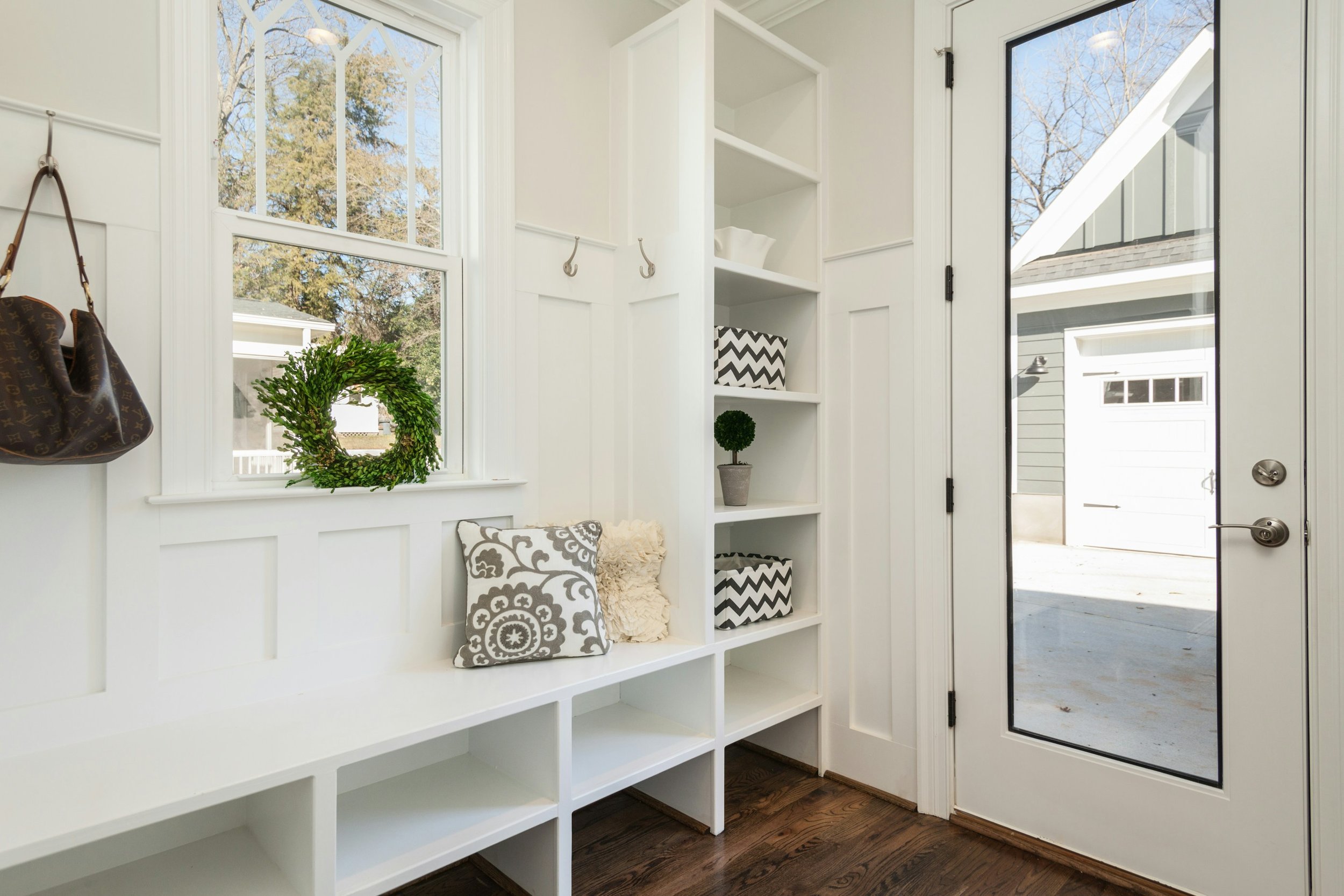If you are in the market to buy or sell and have not yet heard about changes coming to the real estate industry later this summer, you will. Hopefully this post will get you started.
Background
In March 2024, the National Association of Realtors (NAR) agreed to settlement terms which will modify home buying and selling practices for many consumers across the county, including in Minnesota. This post summarizes two key terms from the settlement that will go into effect starting August 15th in the Twin Cities MLS region (no later than August 17th nationwide).
How have real estate agents typically gotten paid for their services?
sellers
Most sellers’ agents do commission-based work with the commission being a percentage of the final sale price. (Other models such as flat-rate exist but for the purpose of this post I’ll use the commission model.) The final payment for services happens at closing. Then, if sellers have agreed, their agent pays a portion of that commission to their buyer’s agent.
buyers
In Minnesota, buyers wishing to be represented sign a Buyer Representation Agreement with an agent detailing services and associated fees (we’ve been using buyer agreements since 1993.) Through the traditional model, most buyer’s agents receive payment for their services via the commission split described above, if the seller agrees. If a seller does not agree to pay the buyer’s agent fees, the buyer would pay the amount they negotiated with their agent in the Buyer Rep. Agreement.
The commission and offers of compensation to buyers’ agents have always been negotiable terms in Minnesota’s representation contracts, and still will be.
The amount a seller agrees to offer a buyer’s agent has historically been visible to other agents in our Multiple Listing Service (MLS). Starting August 15, 2024 it will no longer be.
Two Big Changes Affecting Buyers and Sellers
First Change: Offers of Compensation
“Compensation offers moved off MLS: NAR has agreed to put in place a new rule prohibiting offers of compensation on an MLS. Offers of compensation could continue to be an option consumers can pursue off-MLS through negotiation and consultation with real estate professionals. And sellers can offer buyer concessions on an MLS (for example—concessions for buyer closing costs). This change will go into effect August 17, 2024.” -NAR website
What does this mean?
Offers of compensation to buyers’ agents will still be allowed in Minnesota but they may no longer be advertised on the MLS or any MLS-related aggregator. Listing agents can, however, advertise them off-MLS via individual marketing materials — signs, flyers, individual websites, etc.
Concessions
Buyers have always been able to ask sellers for various types of concessions when making an offer. For example, a buyer might ask a seller for an allowance to buy new carpeting, pay part of their closing costs, or give credit for a new roof. Compensation to pay the buyer’s broker for real estate services may be presented as another type of concession in the offer.
Sellers have always been allowed to offer concessions as incentives to buyers, and still will be able to. The new rule specifically regulates visibility of any offer of compensation to a buyer’s agent for real estate services — it will be prohibited on the MLS. Concessions, such as those listed above, will still be allowed on the MLS.
This change will likely add an extra layer of negotiation, particularly around how agent compensation is handled. There may be bumps in the road but with clear communication and transparency, the process should smooth out to benefit both buyers and sellers.
Second Change: Buyer Representation Agreements
“Written agreements for MLS Participants acting for buyers: While NAR has been advocating for the use of written agreements for years, in this settlement we have agreed to require MLS Participants working with buyers to enter into written agreements with their buyers before touring a home. This change will go into effect August 17, 2024.” -NAR website
What does this mean?
If buyers wish to tour a home with an agent they must first enter into some type of written agreement. In Minnesota we’ve had Buyer Representation Agreements in use for decades. Requiring a signed agreement prior to touring a home, however, will be a new practice starting August 15. New types of touring agreements may come into play which could include various tour fees for buyers.
The new regulation applies to both in-person and virtual visits, but not to open houses. Home shoppers will not need a signed written agreement when visiting open houses or asking host agents about their services.
Differences Among States
NAR as a national trade group includes members from every state. Each state has varying practices and/or legislation that determine how its industry functions; some states may be more affected by the settlement changes, some less.
Learn More
Real estate professionals in Minnesota have been busy working out a new normal and preparing for August 15th. Both the state and national associations of REALTORS® have published helpful resources for consumers wanting to understand more about the settlement and how changes may affect them. Click here to learn more from our state association or check out NAR’s resources for both buyers and sellers. As the changes get underway don’t hesitate to reach out. I’ll gladly talk through “what if” questions and clarify any new information as it becomes available.
Heidi Swanson is a Realtor® based in St. Paul, Minnesota. She writes to inform buyers and sellers on variety of topics including market conditions, tips for selling and buying, homeownership trends, and more.
All posts are researched, written, and crafted by Heidi—not by AI. What you read here comes from her own experience, perspective, and care for her clients and community.
















